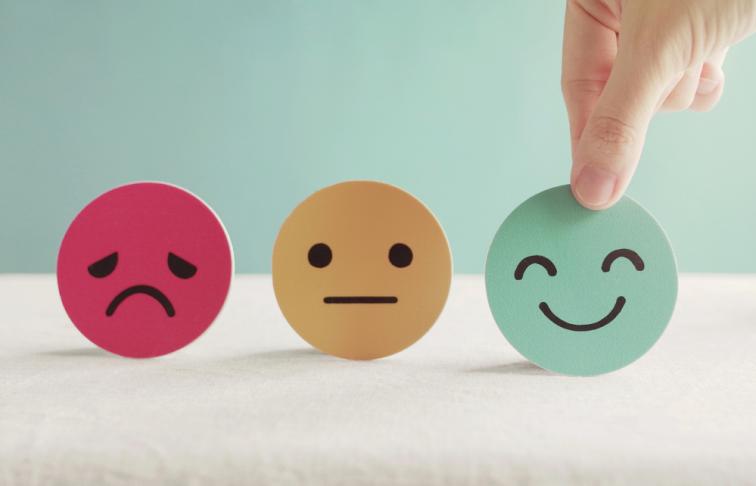Manage your account and see your money through our mobile banking app or on your computer through our website.


Mental health is an issue that affects many people in the UK. A survey published this year reported that 1 in 6 adults reported experiencing a ‘common mental disorder’ such as depression or anxiety over the previous week, and 1 in 6 children aged between 6 and 16 experienced a ‘common mental disorder’ in the last year.
The good news is that there are ways that we can all help our friends, relatives and colleagues who are going through a hard time, or that we know, or believe, to have a mental health issue. If you’re worried about someone it can be difficult to know what to do, but it’s important not to wait. Waiting and hoping they will come to you for help might lose valuable time in getting them support.
Talking is often the first step to take as it will help you find out what is troubling them and what you can do to help.
Tips for talking
How to respond in a crisis.
People with mental health problems sometimes experience a crisis, such as breaking down in tears or having a panic attack. In this situation, it is very important for you to stay calm.
There are some strategies that you can use if you find yourself in this situation:
Seeing, hearing or believing things that no-one else does can be the symptom of a mental health problem. It can be frightening and upsetting. Gently remind the person who you are and why you are there. Don’t reinforce or dismiss their experiences but acknowledge how the symptoms are making them feel.
How to respond if someone is suicidal.
If someone tells you they are feeling suicidal or can’t go on, or if you suspect they are thinking of taking their own life, it is very important to encourage them to get help. Try contacting:
You can ask how they are feeling and let them know that you are available to listen. Talking can help the person in need, but it may be distressing for you. It is important for you to talk to someone about your own feelings and the Samaritans can help you too.
What if I’m the one who needs help?
Help is available. The first person to approach is your family doctor, who can give advice about treatment, or refer you for further help. The Mental Health Foundation provide a guide about how to talk to your GP about your mental health in their website.
Specialist mental health services
There are a few specialist services that provide various treatments, including counselling and other talking treatments. Often these different services are coordinated by a community mental health team (CMHT), which is usually based either at a hospital or a local community mental health centre. Some teams provide 24-hour services so that you can contact them in a crisis. You should be able to contact your local CMHT through your local social services or social work team.
Other support services available include:
What are the common symptoms of mental health problems?
Although certain symptoms are common with specific mental health problems, no two people behave in the same way when they are unwell. If you know the person well, you may notice changes in their behaviour or mood.
Click here for further information on a range of mental health problems.